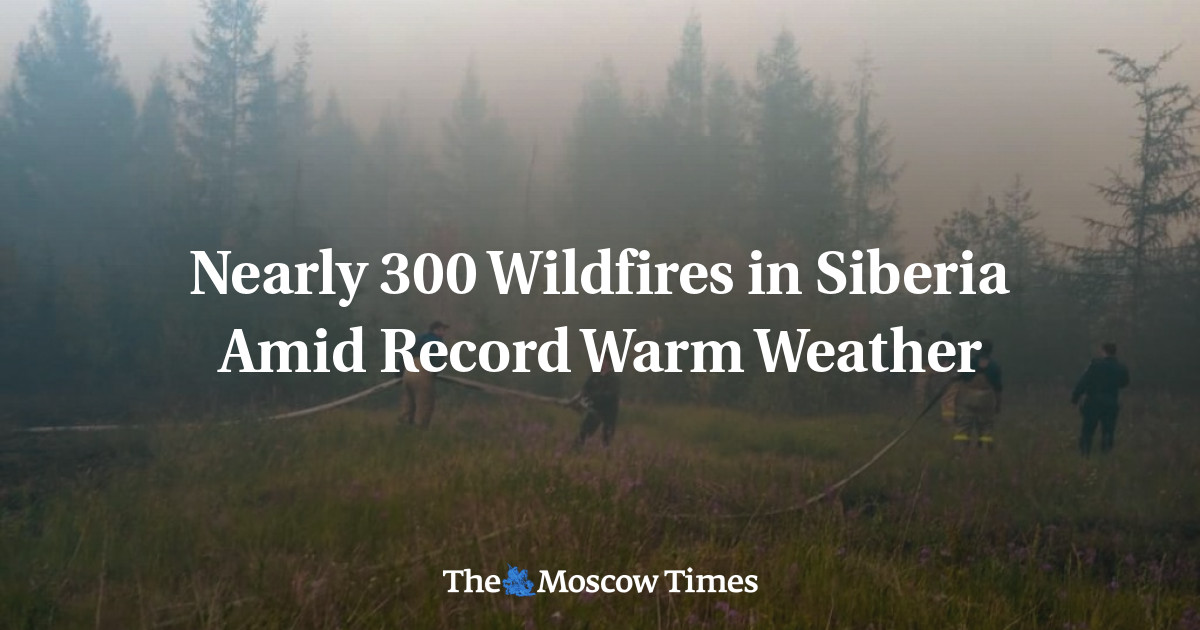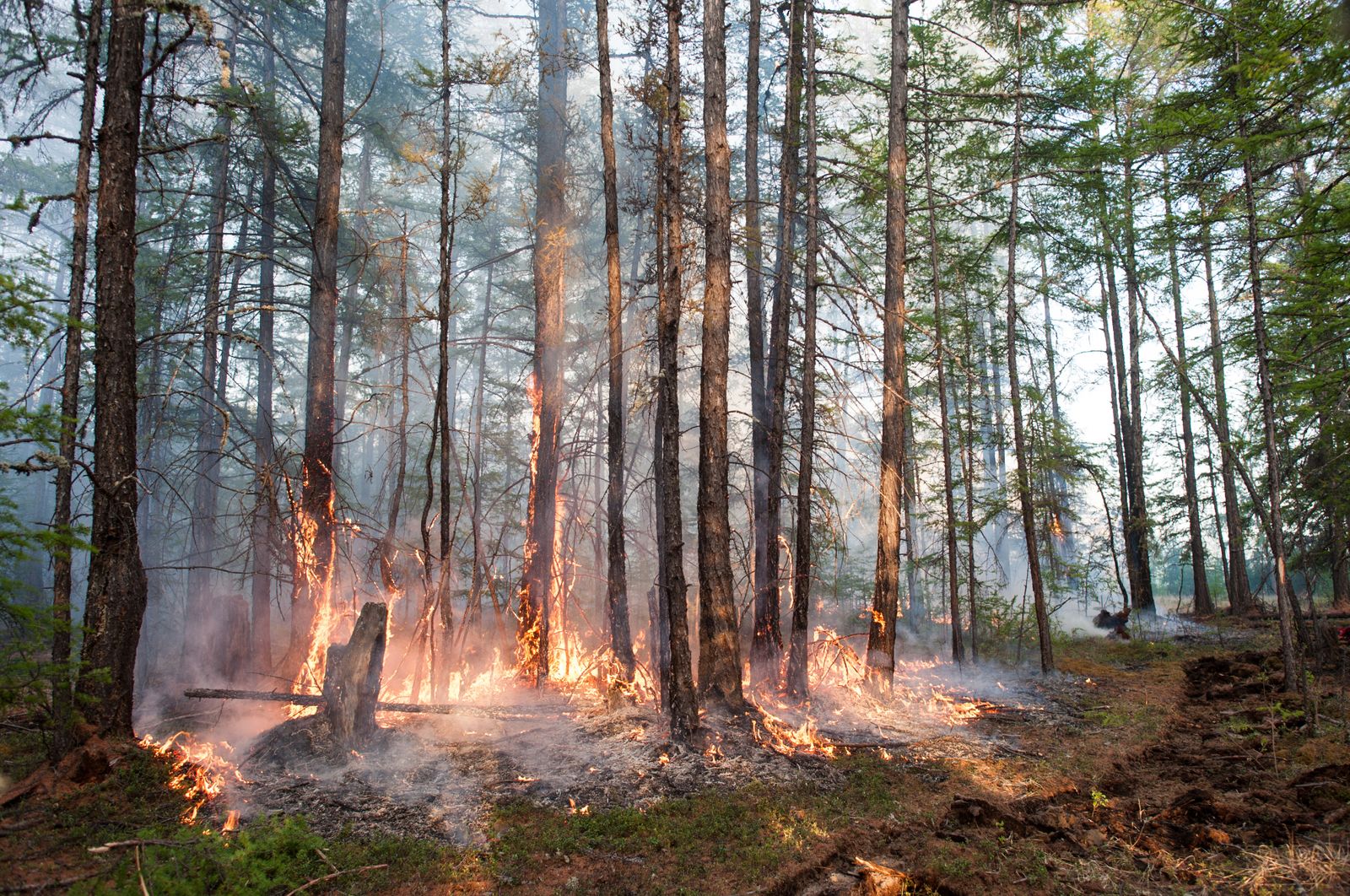Sunsettommy
Diamond Member
- Mar 19, 2018
- 14,892
- 12,526
- 2,400
Watts Up With That?
Remember when we were told: “The Arctic Is On Fire, and We Should all Be Terrified”? It’s SNOWING there now.
Anthony Watts / 12 hours ago July 7, 2020
From the “weather is not climate”, you идиот department comes this about face byclimate change nature.
Remember just a couple of weeks ago we were lectured to about the dangers of climate change turning towns around the Arctic circle into easy-bake ovens?
LINK
=====
Leftist morons have delirium Tremors over short term weather events, just wait a few days it will change.
Temporary hot weather gets warmist/alarmists in a tizzy, go silent when there is unusual cold or snow.
Media of course will ignore this cold WEATHER event....
Remember when we were told: “The Arctic Is On Fire, and We Should all Be Terrified”? It’s SNOWING there now.
Anthony Watts / 12 hours ago July 7, 2020
From the “weather is not climate”, you идиот department comes this about face by
Remember just a couple of weeks ago we were lectured to about the dangers of climate change turning towns around the Arctic circle into easy-bake ovens?
LINK
=====
Leftist morons have delirium Tremors over short term weather events, just wait a few days it will change.
Temporary hot weather gets warmist/alarmists in a tizzy, go silent when there is unusual cold or snow.
Media of course will ignore this cold WEATHER event....







